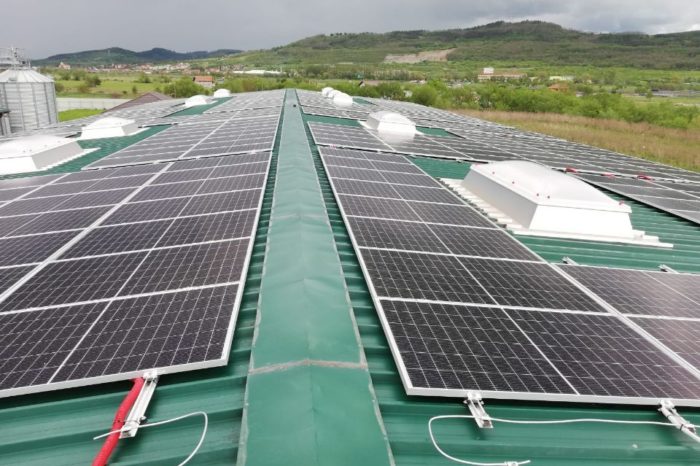Francesco Starace, CEO Enel: “We urge the world’s governments to go all in by rapidly shifting the global economy away from polluting activities”

Enel Group ‘welcomes’ the publication of the IPCC policymakers’ document with highlights from the organization’s new report “Climate Change 2021: the Physical Science Basis”, which reinforce the urgency with which global economies must take bold action to rapidly reduce emissions in line with limiting global temperature rise to 1.5°C.
The Enel Group has committed to an 80% reduction of its direct emissions by 2030, with respect to 2017, consistent with a 1.5 pathway as certified by the Science Based Targets initiative (SBTi).
“We urge the world’s governments to go all in by rapidly shifting the global economy away from polluting activities, and to scale up climate solutions. This is essential if we are to get all of our suppliers and customers on track with us. Along these lines, Enel, as a signatory to the Business Ambition for 1.5°C campaign promoted by the United Nations and other institutions, is committed to reaching net-zero emissions across its value chain by 2050, including both direct emissions (Scope 1) and indirect emissions (Scope 2 and 3),” said Francesco Starace, CEO Enel Group.
“When we talk about climate scenarios, science has made significant progress and the work of IPCC is pivotal to understand what the future might hold and how we can mitigate and adapt. The IPCC’s Sixth Assessment Cycle will produce a crucial set of IPCC reports, giving a comprehensive view of the scientific knowledge on climate change and represents a fundamental resource for policymakers, private companies and all of society. The IPCC’s thorough and transparent approach is important for spreading knowledge and awareness at any level,” Starace added.
The Climate Change 2021: the Physical Science Basis report, prepared by IPCC Working Group I,provides the latest knowledge with regard to the physical understanding of the current climate and future projections, including an improved understanding of the human impact on climate change. The report details the Earth’s energy budget, the climate feedback processes, and climate sensitivity, highlighting the potential global temperature change, as well as reinforcing the call for urgent action in climate change mitigation, after the IPCC Special Report on Global Warming of 1.5°C and the related risks for the planet and humanity.














